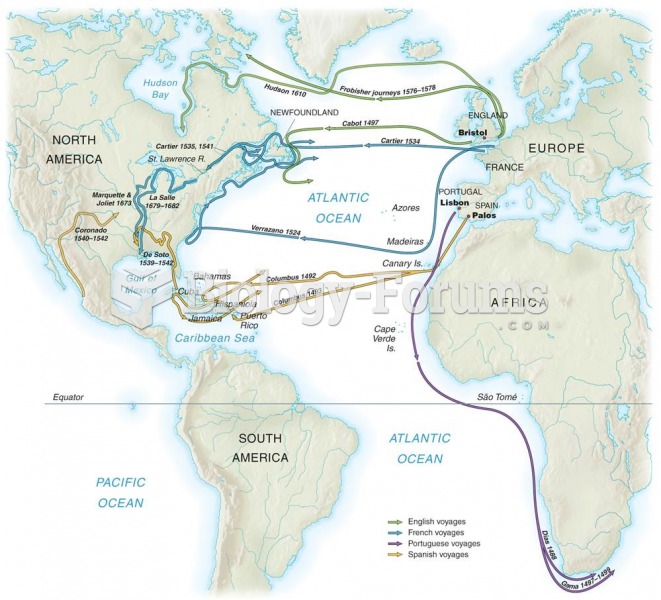|
|
|
The longest a person has survived after a heart transplant is 24 years.
Blastomycosis is often misdiagnosed, resulting in tragic outcomes. It is caused by a fungus living in moist soil, in wooded areas of the United States and Canada. If inhaled, the fungus can cause mild breathing problems that may worsen and cause serious illness and even death.
Giardia is one of the most common intestinal parasites worldwide, and infects up to 20% of the world population, mostly in poorer countries with inadequate sanitation. Infections are most common in children, though chronic Giardia is more common in adults.
Medication errors are three times higher among children and infants than with adults.
Blood in the urine can be a sign of a kidney stone, glomerulonephritis, or other kidney problems.






